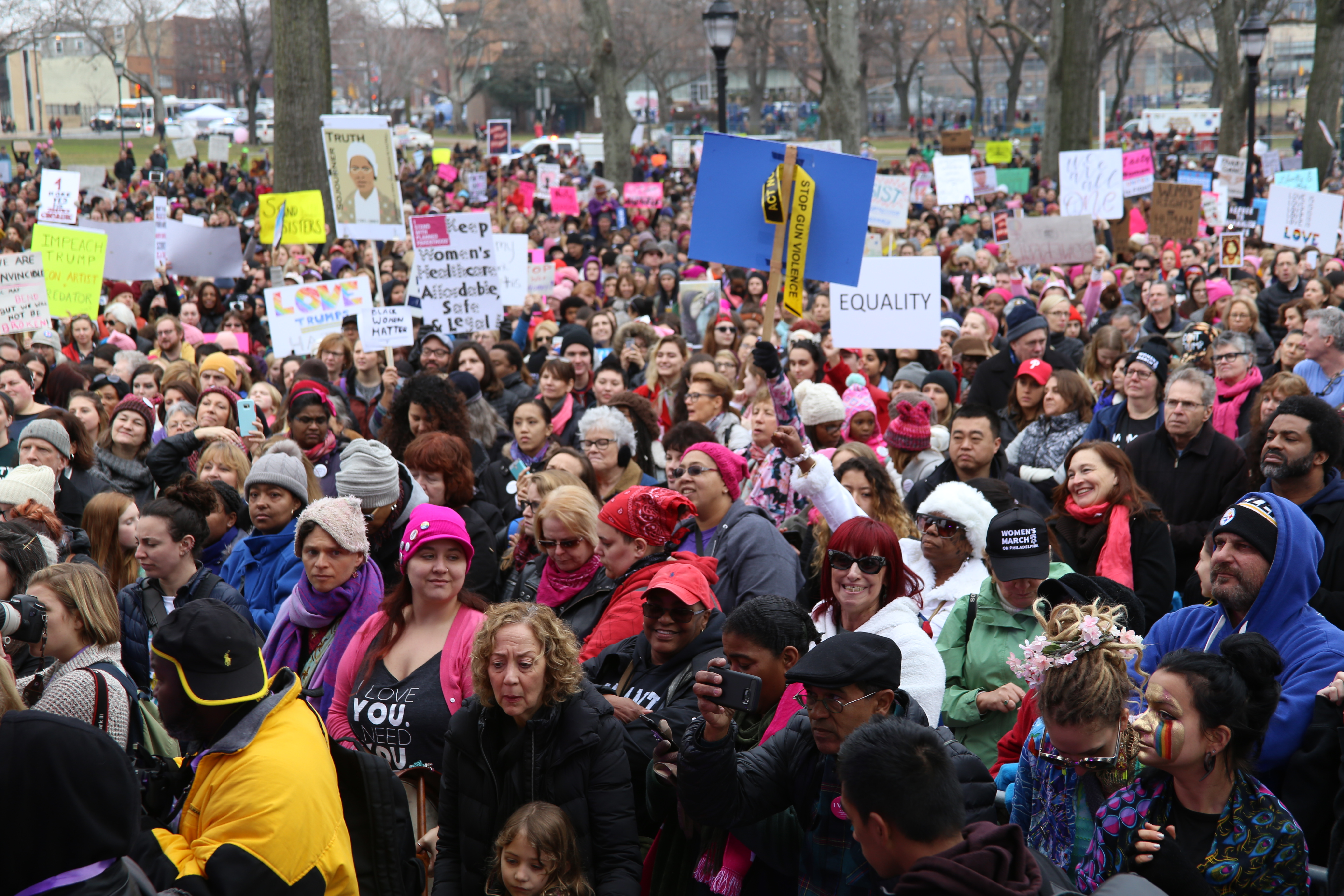Blog by Anne Wakabayashi, Philadelphia Commission for Women
It’s no secret that both Philadelphia and Pennsylvania’s elected officials are not representative of the diversity of constituents they represent, especially when it comes to women in office.
Pennsylvania’s legislature is only 18% women in a commonwealth that is 51% women, we have no women in our congressional delegation, and we have never elected a woman governor or to the U.S. Senate.
So, the question is: How do we change this?
When women run for office, they win at the same rates as men. The reason we have so few women in office is because we have so few women running for office. While this may seem like a fairly obvious problem with a fairly obvious solution, the systemic barriers that exist in campaigns are often easy to overlook.
When any candidate decides to run for office, they have to ask themselves a few questions. Most fundamentally:
- Will I have the support I need to win?
- Can I raise the money I need to win?
In the process of asking these questions, too many women find that the answer is no to either, or both, of these questions. However, there is a movement in Pennsylvania to begin addressing the core barriers to women running — and to empower more women to put their names on the ballot.
Will I Have The Support?
This is the more complex of the two questions, because any candidate running for office requires a web of support systems to ensure a successful run. Candidates may need to establish support from a partner at home, a boss at work, political players in their district, their personal network who will be their core of volunteers and donors, and many others.
Unfortunately, women are still more likely to shoulder a larger amount of the household responsibilities than men and more likely to be punished in their careers for asking for flexibility at work. Both of these make it harder for women to establish the support they need in their personal and professional lives to pursue a run for office.
Women can often have a tougher time building the political support necessary — especially in areas with longstanding political establishments.

We need to make space in our politics to allow women to build the support they need to run.
That includes actively bringing women of all political ideologies and parties into the process and empowering them to grow the networks and skills they need.
Training programs exist that work with women to give them both the skills needed on the campaign trail as well as the skills needed to position themselves to run in the first place. These programs include political parties and philosophies across the country.
There are non-partisan efforts, too, like Chatham University’s “Ready to Run Pennsylvania” program. An initiative in the school’s Pennsylvania Center for Women & Politics, “Ready to Run” provides periodic day-long trainings that include mentoring from campaign professionals, political women, and officeholders.
Can I Raise The Money?
Elections aren’t cheap, especially in large city media markets where buying ad time on television is expensive and candidates often pay into expensive get-out-the-vote operations.
Women have historically had a more difficult time raising money, especially the essential “early money.” Early money is the money raised from family, friends, and personal networks at the very beginning of a campaign. The more early money raised, the more legitimate and viable candidacies are typically viewed.
Women — especially women of color, first-generation Americans, and first-generation college graduates — are less likely to be able to significantly raise from their personal networks. The result is a much heavier reliance on other networks that can be harder to raise early money from.
Helping women raise the critical early money in races is the key. So, networks that care about gender parity should invest early in women candidates so they can prove their viability as candidates.
Whether you’re a Republican, a Democrat, an Independent, or anything else in between, there is one simple thing you can do to help push society toward gender parity:
Ask a woman to run for office and then do what you can to support her when she runs!
After all, gender parity in Pennsylvania will be achieved — one seat at a time.

